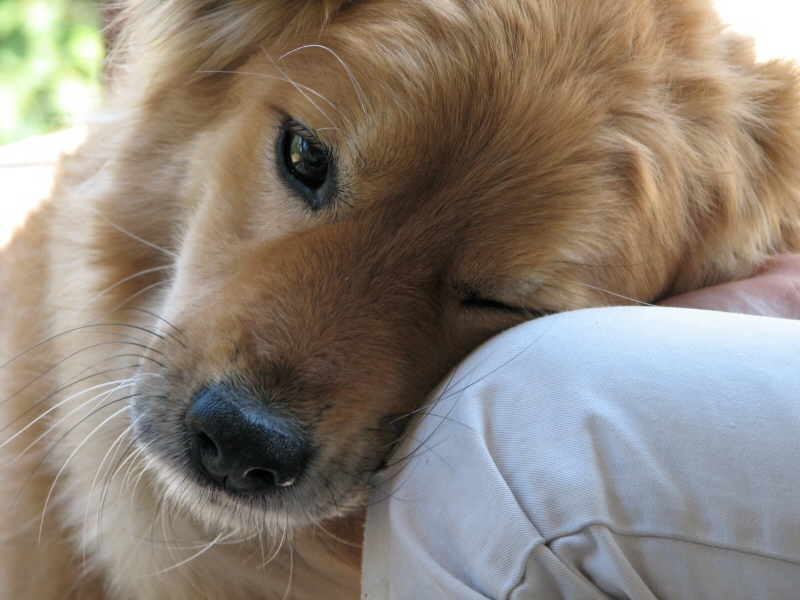Vet's vIews
Cancer treatment drawbacks may outweigh benefits
Q: While bathing my pet, I have come to find a couple of lumps on his back. Could they be cancerous? Please also let me know some other signs of cancer in dogs? Neha Arora
Lumps and bumps underneath a dog’s skin, abnormal odors emanating from the mouth, ears or any other part of the body, abnormal discharge from the eyes, mouth, ears or rectum, abdominal swelling, non-healing wounds or sores, sudden and irreversible weight loss, change in appetite, coughing or difficulty in breathing, lethargy or depression, changes in bathroom habits or evidence of pain are some symptoms of cancer in dogs. Only a veterinarian can accurately diagnose canine cancer through proper check-up. Treating canine cancer before it advances is key to successful recovery. The patient's overall health plays a major role in therapy choices for dogs with cancer. This includes evaluating the patient for his or her ability to tolerate cancer treatment. Life expectancy should be taken into consideration as well; for a slow-growing tumor in an older dog, for example, treatment drawbacks may outweigh potential benefits. Treatments for dogs with cancer are similar to human therapies but several factors influence cancer treatment decisions, including: Age of the dog, general health of the dog, tumor type, biological behavior of the tumor and the stage of the cancer. Sometimes combining methods works well for dogs with cancer, but that may not always be the case as some treatments may interfere with each other and potentially cause unintended harm. These are important issues to discuss with the veterinarian.
Q: My Spitz female dog is nursing her pups. I have noticed that one of her nipples is quite dark in colour, swollen and oozing pus. She appears to be in pain and snaps at the pup who tries to suckle it. What can it be and should we continue to let her feed the pups? Rehaan Rizvi
It could be gangrene. Gangrene in dogs causes the affected areas of the skin to turn black and moist, with visible pus and blood draining from the infection site. Female dogs can develop a mastitis infection while nursing, which can potentially lead to gangrene mastitis that may require the amputation of the affected nipple in prevention of further tissue damage. You should stop her feeding the pups and take her immediately to the vet for proper diagnosis, advice and treatment.
Q: My four-year-old Labrador dog has been diagnosed with diabetes. What food care and management should we ensure? Dipti Ghosh
Diabetes in dogs is very similar to diabetes in humans. The glucose in your dog’s system cannot be normalized and requires insulin in order for it to be regulated properly. If this does not occur, the dog will experience a severe lack in energy and, if left untreated long enough, may be fatal. Depending upon the severity of the condition, a variety of treatments may necessary. The most important treatment; however, is consistency. Consistent feeding times, meal portions and medication administration will help keep your dog stable and stress-free. The goal of treating a diabetic animal is to minimize blood glucose fluctuations, eliminate the symptoms associated with high blood glucose levels (excessive drinking, urination, and appetite), and improve the quality of the pet’s life. As always, your veterinarian is the best source of information regarding canine diabetes. There are several different prescription diets available that can meet the needs of all diabetic patients, whether weight loss, maintenance, or gain is the goal. You may have to make several visits to your vet to monitor/identify any complications, dose and type of insulin and suitable food. Give all prescribed medications as directed by your vet very regularly.

















Leave a comment